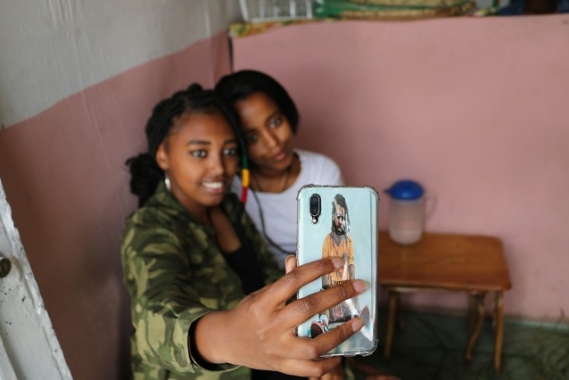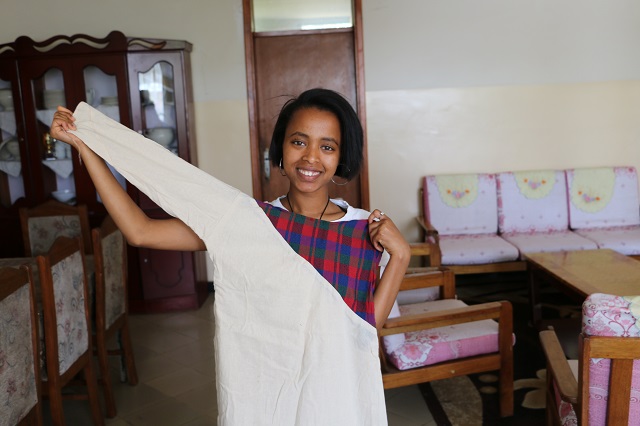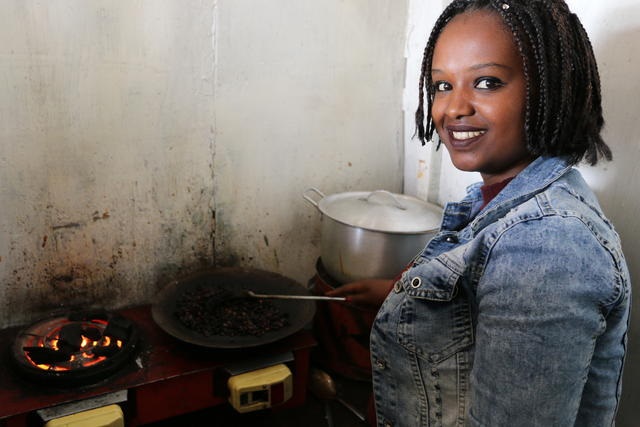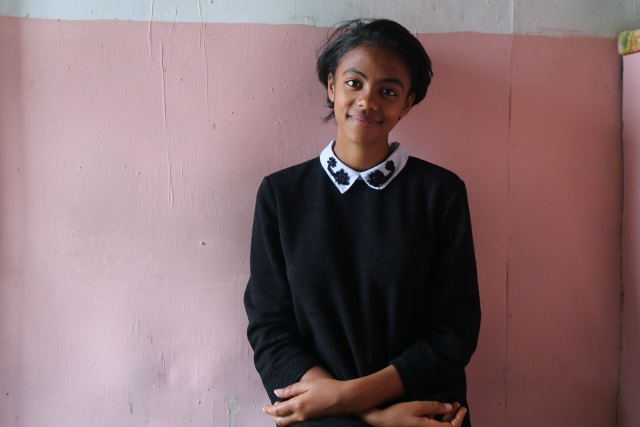Celebrating and Empowering Women in Ethiopia

On March 8th we are celebrating International Women’s Day. Our goal at SOS is to empower women and girls all over the world. “A girl who grows up with the support of SOS Children’s Villages should know no boundaries and feel no limitations when achieving their dreams. No child should be held back due to their gender. Access to education, services and trainings to nurture skills must be equal for all,” says Gitta Trauernichht, Vice- President of SOS Children’s Villages International. "Girls are our future and we must invest in them."
Barriers to work: Young African women challenge gender inequality
Women are suffering the brunt of Africa’s growing youth unemployment challenge, fueled by limited economic opportunities, increasing migration into packed urban areas and staggering population growth rates.
In Ethiopia, a country that suffers from some of lowest gender equality performance indicators in sub-Saharan Africa, four women who grew up in SOS Children’s Villages speak out on the barriers they have faced due to their gender.
Derartu Ayele is a 19-year-old aspiring fashion designer who grew up in an SOS Children’s Village in Addis Ababa. For Derartu, and many other young women, growing up in Ethiopia has not been without its challenges.

“When it comes to being a woman, there is an obvious problem in Ethiopia,” Derartu says. "We do not get the same opportunities as men, and a lot of people think that women don’t have the ability to succeed.”
Habtamnesh Deresse, a 24-year-old woman who came to the SOS Village in Addis Ababa at the age of nine, attributes part of the challenge to ignorance and outdated views on gender roles.
“First of all, there is a knowledge shortage about women and their potential here in Ethiopia,” Habtamnesh says.

“When you are improving yourself, they will laugh at you and they will try to put you down,” she adds. “They think that when you are successful, you can’t have done it on your own. They think there must have been another way: maybe there’s a man supporting her, they don’t appreciate your knowledge.”
Young African women are especially affected by growing youth unemployment rates across the continent. Youth unemployment rates are often more than double those of the adult population explains Daniel Solana from the Global Initiative on Decent Jobs for Youth at the International Labour Organization (ILO). In Ethiopia, the youth unemployment rate for women of 4.5 % is double that of men.
“Young girls tend to be more disadvantaged than young men in access to work and experience worse working conditions than their male counterparts, and employment in the informal economy is the norm,” Mr. Solana adds.
Gender stereotypes that emphasize the role of women as caregivers rather than breadwinners remain deeply ingrained in some regions, the ILO reports.
Tizita Wendu, an 18-year-old architecture student who grew up in the SOS Children’s Village in Addis Ababa says: “Society thinks that women can’t do anything, and you’ve been hearing that since you were young, so you start to believe it yourself. It is really hard to break that cycle.”

Fayo Adem, a 29-year-old entrepreneur who grew up in an SOS Children’s Village in the eastern Ethiopian town of Harar has experienced similar challenges.
“Most African societies still believe that women are either successful businesswomen or successful mothers,” Ms. Adem says. “But I believe that as long as you have a vision, and are willing to [work hard], you can be both.”
Addressing the gender employment gap is a complex process that requires the introduction of several targeted efforts at the policy level. Policies that promote equal pay, public awareness campaigns against discrimination and tackle gender segregation in the workplace are just some of the measures recommended by the ILO.
Despite the hardships faced by these young women, their experience has shaped them into who they are today.
“Growing up in an SOS Village has made me more mature than others outside the village who are my age,” says Derartu. “It has also taught me to be a positive thinker, and to know that everything happens for a reason.”
Habtamnesh Deresse adds that growing up in an SOS Children’s Village has helped her develop valuable skills that will likely benefit her in her career “When you are living in an SOS Village, you will learn how to be responsible,” says Habtamnesh. “As a kid, I used to clean the rooms and take care of my small sisters and my brothers. Responsibility begins at home.”
Canadians wishing to help vulnerable children are encouraged to sponsor a child, sponsor a Village or make a one-time donation. Your support will change the lives of orphaned, abandoned and other vulnerable children. Please help today.
